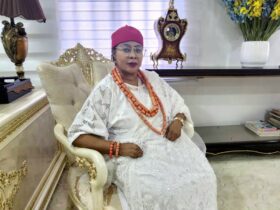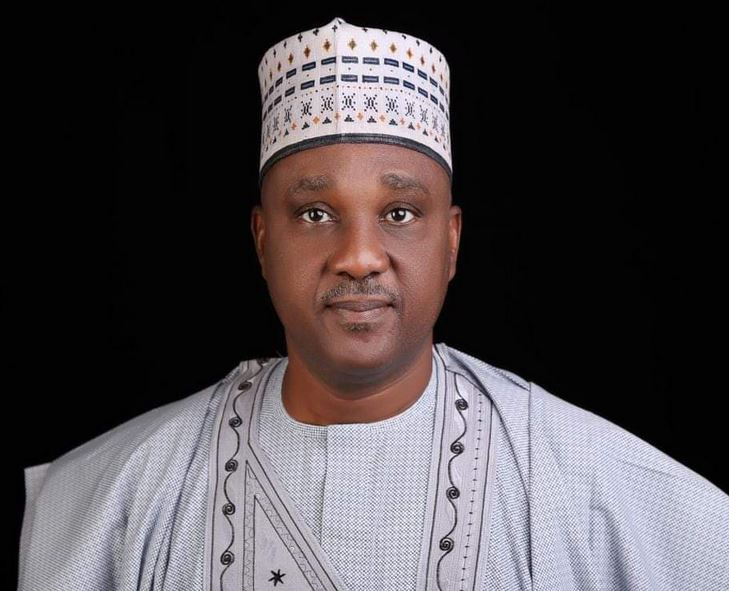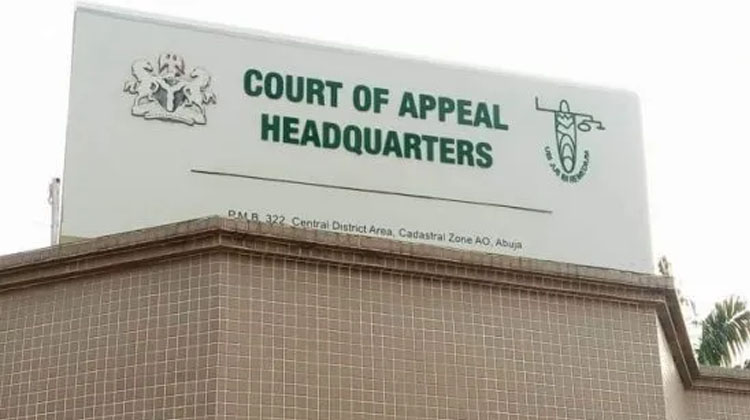…as House presents Parliamentary Development Programme to partners, donors
The Speaker of the House of Representatives Rt. Hon. Abbas Tajudeen, Ph.D, has stressed the importance of the National Assembly to Nigeria’s democracy, noting that a vibrant democracy is dependent based on legislature.
Speaker Abbas made this known at the presentation of the Parliamentary Development Programme of the House to the diplomatic corps, development partners, and donor agencies held at the House in Abuja on Monday.
At the ceremony were the Deputy Speaker of the House, Rt. Hon. Benjamin Okezie Kalu, several principal officers and members of the House.
Also in attendance were domestic and international donors and technical partners, as well as members of diplomatic corps.
The Parliamentary Development Programme is an initiative to strengthen legislative capacity and promote sustainable development across Nigeria.
“This initiative, which began after the inauguration of the 10th House, has received crucial support from the United Nations Development Programme (UNDP), whose commitment has been central to its success,” Speaker Abbas said.
The Speaker, therefore, expressed his appreciation to the UNDP and all the partners of the House for their unwavering dedication.
He said: “As we present this programme today, let us cast our minds to the critical role of the legislature in advancing the democratic and developmental aspirations of Nigeria.
“A vibrant democracy rests on the strength of its legislature. As such, the Parliamentary Development Programme is not merely about capacity building – it is an investment in the heart of our democracy.
“A strong legislature is essential for implementing reforms, providing oversight, and ensuring accountability. The law-making and oversight functions of the legislature are fundamental to governance, and without a capable legislative institution, the development we aspire to cannot be fully realised.”
While noting that the initiative is coming at a crucial time, Speaker Abbas said the 10th House has set “an ambitious Legislative Agenda, which is closely aligned with the reform-driven vision of President Bola Ahmed Tinubu’s administration.”
He added that the National Assembly and the Executive are “committed to transformative reforms in sectors such as the economy, security, infrastructure, and social welfare.”
He stressed: “We expect the Parliamentary Development Programme to bolster further the institutional capacity necessary to deliver on these reforms, ensuring that the legislature can effectively support the administration’s Agenda for national development.”
Historically, the Speaker said, the legislature has been under-resourced and underdeveloped, especially compared to the executive and judiciary. “Therefore, strengthening the legislature is not only imperative but also an investment in the stability and progress of our democracy.”
Speaker Abbas stressed: “One of the challenges we face is the high turnover rate in the legislature at both national and sub-national levels. In the 10th Assembly, 281 new members were elected out of 360. This disrupts continuity and erodes institutional memory, which are essential for effective governance.
“Continuous capacity building is crucial to mitigate this challenge, ensuring new legislators have the skills and knowledge needed to contribute effectively from day one.
“By investing in the institutional strengthening of the National Assembly, we are laying the foundation for a resilient legislature that can better contribute to the overall good governance of the country.
“A strong and capable legislature is central to driving the reforms needed for Nigeria’s development. Many of the critical reforms needed in Nigeria today can only be implemented through the legislature’s lawmaking and oversight roles.
“Therefore, investment in strengthening the institutional capacity of the National Assembly is an investment in Nigeria’s future.”
Earlier, the Resident Representative, United Nations Development Programme, Nigeria, Ms. Elsie Attafuah described the programme as “a milestone in our collective efforts to strengthen governance and promote democratic processes in Nigeria.”
Ms Attafuah said: “On behalf of the United Nations Development Programme, and by extension, the United Nations family, I would like to commend you for your vision for the 10th House of Representatives that promotes transparency, accountability, responsiveness, and dedication to the principles of democracy.
“Your commitment to modernising the legislative process to align with international best practices is exemplary. It requires that we enhance the institutional capacity of the House to be more effective in law-making, oversight, and representation.
“This is crucial for restoring faith in democracy and addressing the diverse voices and aspirations of the Nigerian People.”
The UNDP representative added: “Let me take this opportunity to recognise the exemplary leadership of the Rt. Hon. Speaker, especially for advancing numerous bills and measures to increase the participation of women in both elected and appointive offices in Nigeria.”










